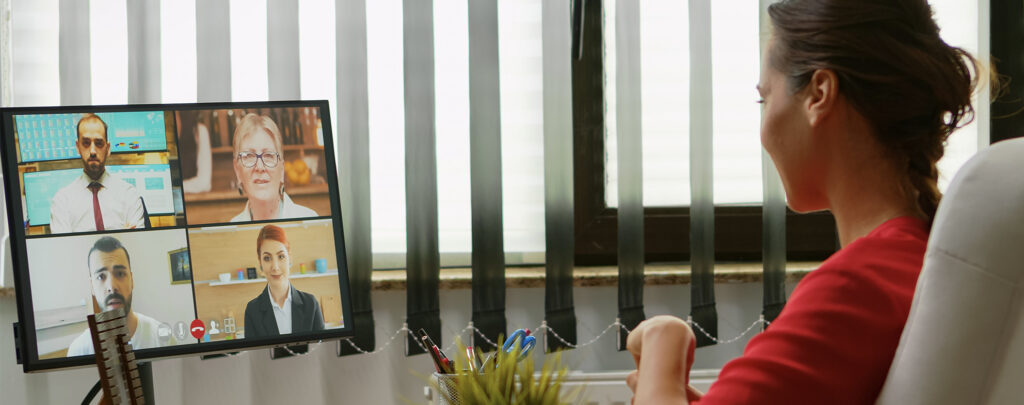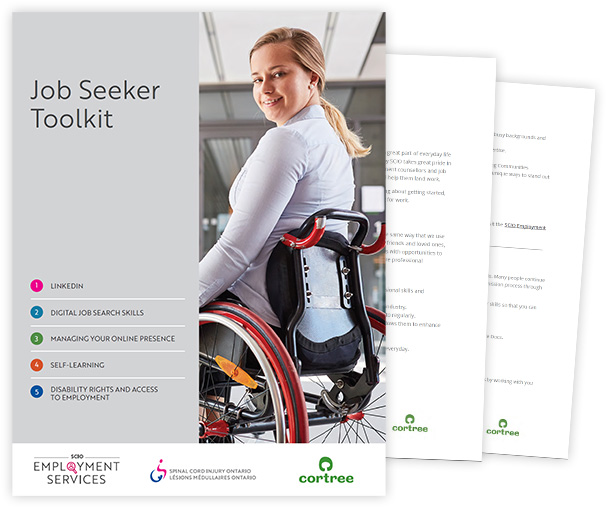This productive, positive and cost-effective process leaves stress and conflict behind.
Small conflicts between people generally require simple solutions that can easily be found through dialogue and active listening. But there are times when grievances grow, or communication breaks down and disputes escalate. This is when mediation and conflict coaching offered by Cortree Mediation Services, a social venture powered by Spinal Cord Injury Ontario, can help both parties find an agreeable solution.
Cortree mediators are experts in resolving conflicts between recipients and providers in the health and community service sector. Their goal is to empower all parties to shape agreements according to their own needs and preferences, rather than provide a solution or “ruling” on the issue. In addition, Cortree offers conflict coaching, which helps people build the skills involved in finding a shared resolution.

“Given our experience and expertise, we specialize in working with service providers for people with disabilities,” says Sharol Cordner, Manager of Mediation and Training Services at Cortree. “When there is a breakdown in communication between a provider and recipient of services, a mediator can guide both parties through a constructive dialogue that leads to a cooperative solution.”
Mediation is an efficient and cost-effective path to agreement and resolution. It avoids or ends a protracted and often heated conflict where each party has come to view the other as an adversary. By focusing on building and preserving constructive relationships, participants are able to shape their own agreement together.
“These can be delicate relationships,” says Cortree mediator Nouma Hammash. “When they break down, everyone is stressed and unhappy. Ideally, a service provider contacts us before that point. But whenever we become engaged, the important factor to hold in mind is that neither participant has to sacrifice their interests or values. The goal is to achieve a Memorandum of Understanding, which contains terms that work for everyone. That’s a win-win.”
Ongoing conflict is both time consuming and energy consuming, says Nouma. Rather than looping through the same frustrating interactions again and again, mediation frees managers and clients to spend their time on more fruitful activities. Both participants are motivated to follow through on the Memorandum of Understanding because it is made by the them and reflects their own interests.
Mediation is not a legal process. It is voluntary and confidential and the information discussed cannot be shared or used in any other process, including court. It is faster and less expensive than legal action, gives participants control over the outcome and focuses on relationships.
Cortree Mediation and Conflict Coaching services are provided on an hourly basis. In addition, as a social venture, Cortree reinvests its proceeds in SCIO to support programs, services, education and advocacy by and for people with disabilities.
“At SCIO, we understand disability better than other mediation services,” says Nouma. “We understand the issues, the available resources, the client experience and the provider experience. That positions us as ideal facilitators when disputes arise. We don’t take sides or deliver decisions. We guide participants toward a mutual agreement that provides satisfaction and maintains relationships.”
